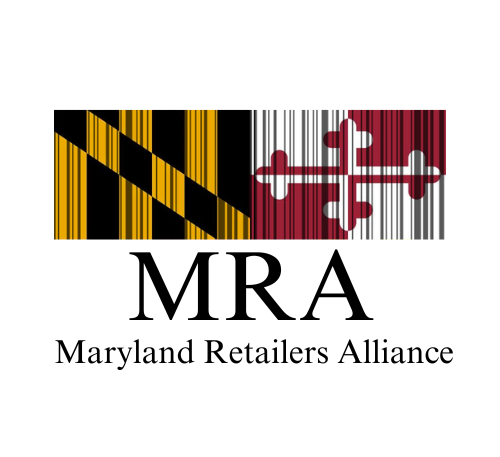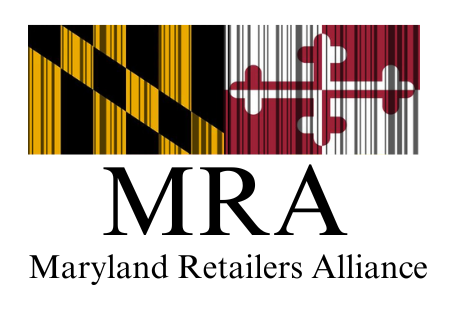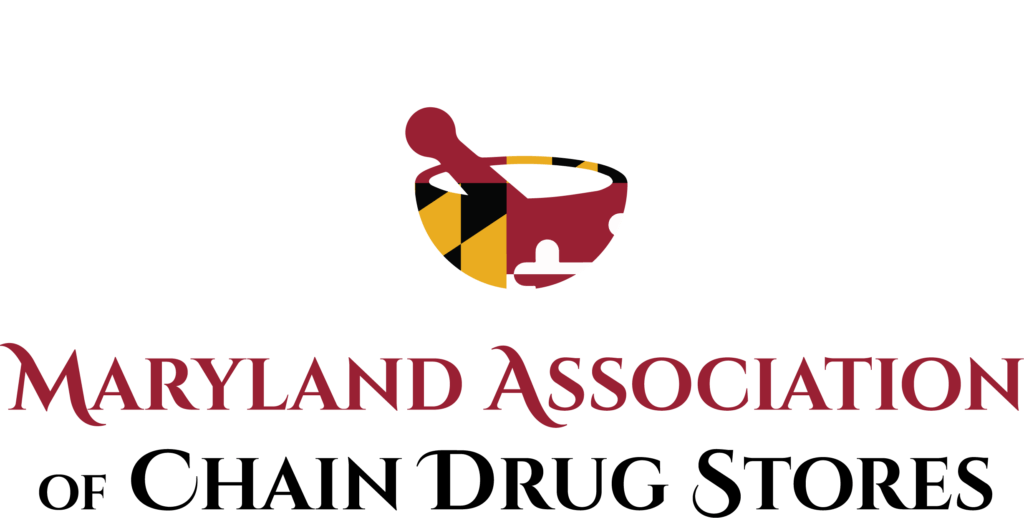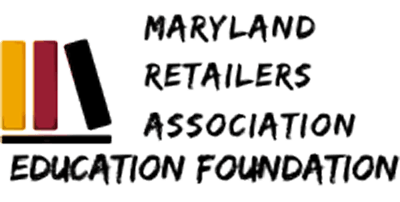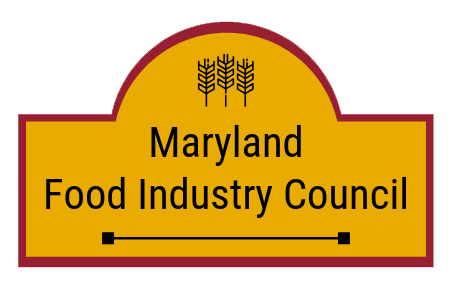How Maryland lobbyists influenced debate on taxes, alcohol in grocery stores, other business interests
As excerpted from The Baltimore Sun:
Lobbyists and advocates looking to wield their influence with Maryland officials — with a record $58 million behind them — saw both wins and losses this year in Annapolis.
For the viewing public, it’s sometimes difficult to discern one from the other.
The Baltimore Sun analyzed data from thousands of new lobbying disclosures, reviewed other public records and interviewed individuals to understand where lobbyists and advocates tried to put their fingers on the scale in the months before and during the 90-day session that ended in April.
...
Another business group, the Maryland Retailers Alliance, became the third-largest lobbying entity this year, with total expenses of $625,190.
Cailey Locklair, its president and top lobbyist, said retailers’ top priority was a success — the creation of a new felony-level “organized retail theft” crime for property with an aggregate value of more than $1,500.
Two other high-profile goals gained little traction.
One aimed to adjust the Maryland Online Data Privacy Act, which lawmakers passed in 2024 to limit the amount of personal data that companies can collect. Locklair said the law went too far, severely limiting how retailers can target ads to potential customers.
The other was the repeal of Maryland’s ban on beer, wine and liquor being sold in supermarkets and other retail establishments. All four of the new lobbyists hired by the Retailers Alliance this year, in their disclosures to the State Ethics Commission that showed they were collectively paid $119,000, only listed those bills as their focus.
Moore said in December he supported the change and indicated he was confident lawmakers would send him a bill. Senate President Bill Ferguson soon dampened those expectations, saying in an interview with The Sun in January that it was “not something that we’re going to be spending a lot of brain power trying to figure out.”
Legislation in both chambers never received even an initial committee vote. Locklair acknowledged the “very strong lobby on the other side” — referring to groups like the Maryland State Licensed Beverage Association, whose $144,000 in lobbying expenses was about $36,000 more than the previous year. But the support from the governor and increased conversation this year was a good sign, she said.
“Absolutely we will be bringing it back,” Locklair said. “I think there’s a lot of momentum on this and a lot of positive conversations taking place.”
